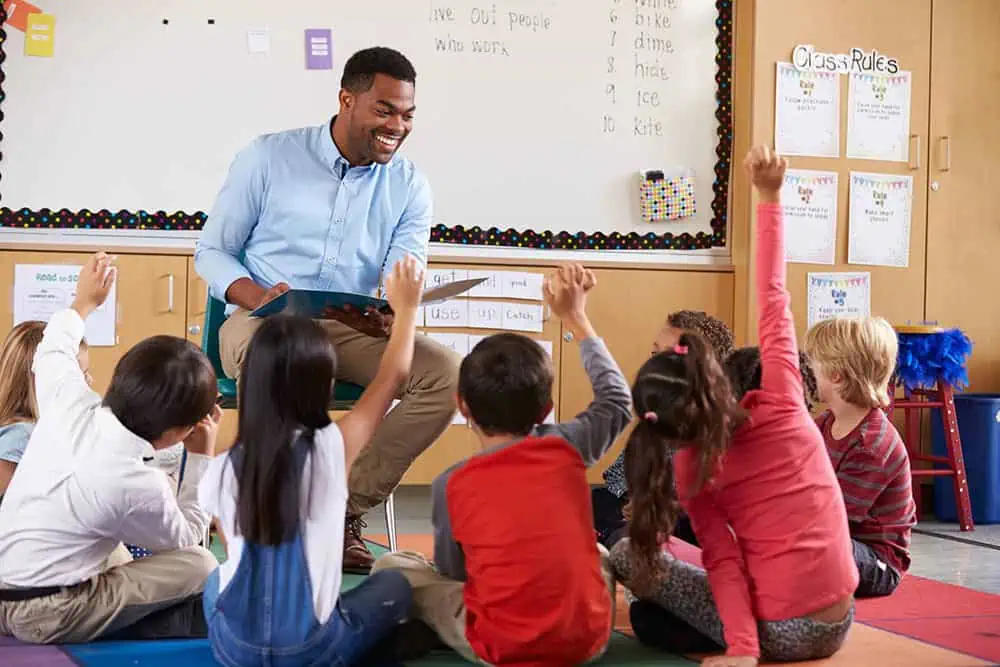Understanding the Role of a Special Education Coach
A Special Education Coach plays a pivotal role in the educational landscape, focusing on the unique needs of students with disabilities. Unlike traditional teachers, these coaches work across various levels, collaborating with educators, administrators, and families to enhance the learning environment. Their primary responsibility is to support the implementation of inclusive practices, ensuring that all students, regardless of their abilities, have access to quality education. By bridging gaps between general education and special education, they create a cohesive learning experience tailored to each student’s needs.
Their importance in the educational system cannot be overstated. Special Education Coaches help to foster an inclusive culture within schools, where diversity is respected and every student’s potential is recognised. They work to integrate special education strategies into mainstream classrooms, promoting equity and accessibility. Through their efforts, they not only support students with disabilities but also contribute to the overall improvement of teaching practices and educational outcomes.
Skills and Qualifications of an Effective Special Education Coach
The role of a Special Education Coach requires a robust educational background and specialised training. Most coaches hold advanced degrees in special education or related fields, supplemented by certifications that validate their expertise. Continuous professional development is crucial, as it keeps them updated with the latest research, methodologies, and legislative changes in special education.
Effective communication and interpersonal skills are essential competencies for a Special Education Coach. They must be adept at collaborating with teachers, administrators, and parents, facilitating open dialogue and mutual understanding. Problem-solving and adaptability are equally important, as they often encounter diverse and complex challenges that require innovative solutions. A deep understanding of special education laws and regulations ensures that they can advocate effectively for their students and navigate the bureaucratic aspects of their role.
Daily Responsibilities and Activities
Special Education Coaches engage in a variety of tasks each day, working closely with teachers and staff to provide support and resources. They help design and implement instructional strategies that cater to diverse learning needs, ensuring that teachers are equipped with the tools and knowledge to support all students. Joint planning and strategising are key aspects of their collaboration, promoting consistency and coherence in educational approaches.
Direct interaction with students is another crucial part of their responsibilities. Coaches develop and monitor Individualised Education Programs (IEPs), tailoring educational plans to meet each student’s specific requirements. They track student progress, adjusting strategies as needed to ensure continuous improvement. Additionally, they work with students to develop skills that enhance their academic and social experiences.
Engaging with parents and guardians is vital for fostering a supportive educational environment. Special Education Coaches provide guidance and resources to families, helping them understand their child’s needs and advocating for their child’s best interests. This collaborative approach ensures that students receive consistent support both at school and at home, contributing to their overall development.
Impact on Student Outcomes
The influence of a Special Education Coach extends significantly to academic achievement. By providing targeted support and resources, they enhance learning experiences and outcomes for students with disabilities. They ensure that these students have access to appropriate educational materials and strategies, enabling them to achieve their full potential. This support not only boosts academic performance but also prepares students for future educational and career opportunities.
In terms of social and emotional development, Special Education Coaches play a crucial role in building confidence and self-esteem among students. They create an environment where students feel valued and understood, which is essential for their emotional well-being. Coaches also promote the development of social skills, facilitating positive interactions with peers and fostering a sense of belonging within the school community.
Challenges and Solutions in Special Education Coaching
Special Education Coaches face several challenges in their roles, including managing the diverse needs of students within a single classroom. This requires a high level of flexibility and creativity, as they must develop strategies that cater to a wide range of abilities and learning styles. Additionally, navigating administrative and bureaucratic hurdles can be daunting, often requiring perseverance and strong advocacy skills.
Effective solutions and strategies are essential for overcoming these challenges. Utilising assistive technologies can significantly enhance the learning experience for students with disabilities, providing tools that support their unique needs. Implementing evidence-based practices ensures that the strategies used are grounded in research and proven to be effective. Developing strong communication channels with all stakeholders, including teachers, administrators, parents, and students, is also critical for ensuring a collaborative and supportive educational environment.
Future Trends and Developments in Special Education Coaching
The field of special education is constantly evolving, and Special Education Coaches must stay abreast of emerging trends and developments. Technological advancements play a significant role in this evolution, offering new tools and resources that can greatly enhance the effectiveness of special education. Innovations such as adaptive learning software and communication aids provide valuable support for both students and coaches, enabling more personalised and efficient learning experiences.
Educational practices are also shifting towards more inclusive and personalised learning environments. This trend reflects a broader recognition of the importance of catering to individual learning needs and promoting diversity within the classroom. For Special Education Coaches, this means ongoing adaptation and growth, as they continue to develop new strategies and methodologies to support their students. Innovations in training and professional development ensure that coaches are well-prepared to meet these evolving demands, contributing to the continuous improvement of special education.











